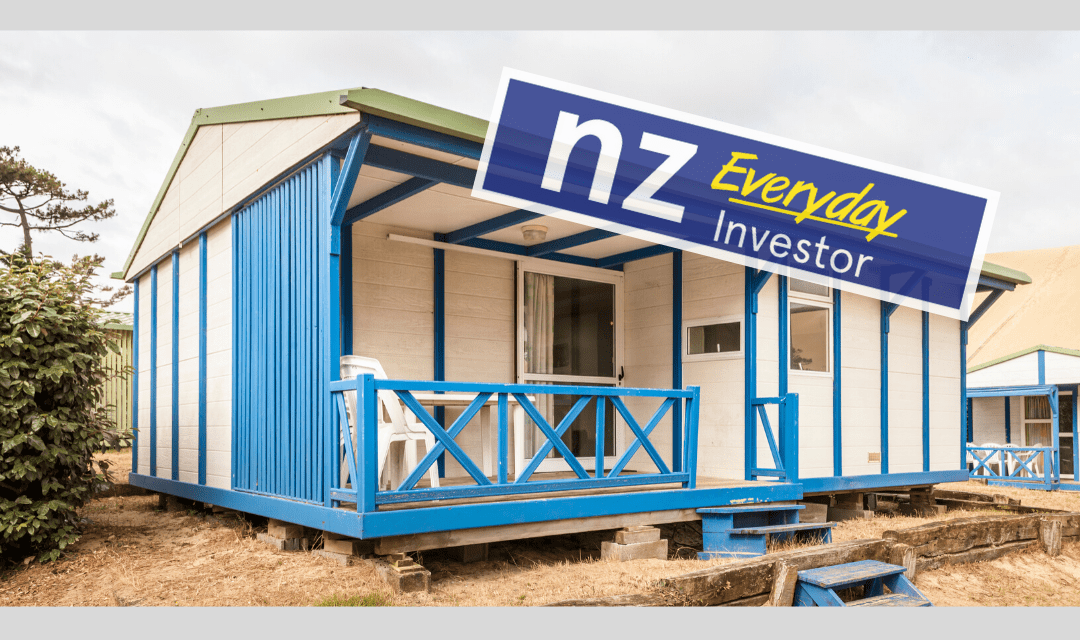Buying a holiday home – a checklist
In this bonus episode, I’m giving you a checklist of sorts to deal with the question – is buying a holiday home a good idea?
Owning your own home is awesome and if you’ve done this, well done. Increasingly this is harder to accomplish so I know if you’ve claimed your turf in the great land grab you’ve accomplished something awesome. A home is a base for life really and financially, there’s a long term benefit to owning property. Specifically, you can use the equity (or the distance between your mortgage and the market value of your home), to support a request to ask for more money from a bank. Money that you’d then use to buy something else. That ‘something else’ could be investment properties, shares, or potentially a holiday home too.
So here’s a checklist of considerations for you, designed to answer that question – should I buy a holiday home?
1 – Where should I buy a holiday home?
If you have kids, you’re going to go crazy driving there if it’s more than 2 hours away. Now hang on, some of the best places to be are often more than 2 hours away right? Yep, and that’s because the carloads of people just like you and your rotten children can never make it that far.
On the flipside think about transport in the future– with autonomous cars arriving at some point, destinations that are 3 hours away now could actually be 2 hrs away in the future – maybe even less with our self-flying Uber-esque drones. Buying a holiday home on an island appeals to me, but if there’s no regular ferry service, your access is limited by weather.
Now looking through the lens of a property owner who thinks every property should always grow in value, consider the fact that values of holiday homes are volatile and the market is illiquid. The prices can go up quickly, then fall away just as fast. The price you pay in holiday home areas are a direct function of the property prices in the big city centres – when times are good and interest rates are low, demand for these types of property increase, and you end up paying more for it. While you may not be buying the holiday home as a financial investment, if you are borrowing to fund it and the value decreases, a negative change in value could have flow-on effects the next time you go to the bank and ask for money for other moves (like renovations or investment properties as an eg).
So where you buy is an important question to consider – even though you’re not doing it to make a gain in value potentially, it still has financial implications if you’re growing your base of wealth.
2 – What type of holiday home is the best?
The short answer here is – simple homes.
The more intricate and special your property is, the more headspace it will occupy. Not only will you potentially resist having people over, you’ll find it hard to get help remotely to maintain your property. If you’re not handy at doing stuff, learn how to do stuff or stay away from anything that’s not simple.
Do you anticipate that the family will join you on holiday? Well, for some of us, you don’t really want to provide free accommodation to all the people you just endured Christmas with. For others though, and bless you, good people, this is exactly what you want – a nice big bit of dirt with perhaps access to parts of your home even when you’re not there, just to make it easier for others to camp out – if they ask nicely.
The type of property you purchase is a function of how you intend on using it though – there’s no simple answer to this one.
3 – What are the bank rules around buying a holiday home?
Bank rules always change so I’m going to talk generally here.
If you have sufficient equity in your home, and sufficient income too, you could borrow the full purchase price of a holiday home without using the holiday home as security. What this means is that the new holiday home is just another mortgage account with your bank, and your own home is the only asset that supports that debt. I like this idea as your holiday home becomes like a wee ‘container of equity’ that is not at risk in the event of default.
If you have still some equity in your home but not enough to that though, the bank will lend you a portion of what the purchase price is on the holiday home– somewhere between 70-80% depending on where it is and how much land there is.
Banks like to know things like: Where is it located – are there other holiday homes in the area or have you just bought the most undesirable piece of dirt imaginable in the entire country? Are their services to the boundary like water, power, internet etc? How much land is involved and will you be using the land to generate income in any way?
If you are dependant on the income that could come in from a holiday home purchase, to support a request for bank funding, they may likely consider that holiday home as an investment property – this is a key consideration as the bank rules change somewhat if that is the case.
A pretty cool thing that banks are good with though, is that they will generally only require 20% the price if you are buying bare land, so long as services are at the boundary. Why this is pretty neat, is that apart from the fact you can buy a place to pitch a tent still pretty cheaply around some parts of NZ, it’s sometimes a genuine pathway for those who are locked out of property ownership Can’t afford to purchase a home? – buy some land somewhere remote instead! I’m not suggesting you do that of course and there are a whole host of reasons why that may not actually be a good idea for you – but the access point here is pretty good.
4 – What should I consider if renting out my holiday home?
This is where the financial and non-financial paradigms collide.
Let me reiterate something here again – owning a holiday home should not really be considered an investment. With the rise of Airbnb and bookabach though, it’s now possible to trade some empty space for revenue – great for covering some of your costs, but there are some very key considerations here.
This area, from a tax point of view, is loaded with traps and please seek professional tax advice here, especially if you will rent out the property and the home is going to be owned via a family trust.
5 – Buying a holiday home with friends?
The same considerations that you’d have if purchasing a home or an investment property applies to you if considering a purchase of a holiday home with friends
It kind of makes sense with holiday homes for each party to borrow a bit of the purchase price, potentially secured only against each of their family homes, tip it into the pot and then pay cash for a property.
Providing there is not a mortgage on the holiday home, this is a fairly uncomplicated way to do things. If mortgage debt is required and you need to use the holiday home as security the bank, let’s just say that you should proceed with extreme caution – like anything here actually, seek professional advice.
Buying with friends makes a lot of common sense here – If someone is going to be the co-ordinator and there’s a fair system in dividing up the use, then this is actually a great way to own an asset which for the most part, should really just be considered a lifestyle asset. Same as a boat – you’re not using the vast majority of the time so why do you need to own the whole thing?
There you go – 5 of the first questions to ask before you go down this path and own another slice of NZ!
_________________________________________________________________
Like what you’ve heard?
You can really help with the success of the NZ Everyday Investor by doing the following:
1- Tell your friends!
2- Write a review on Facebook, or your favourite podcast player
3- Help support the mission of our show on Patreon by contributing here
4- Search for The Everyday Investor on YouTube
5- Sign up to our newsletter here
NZ Everyday Investor is on a mission to increase financial literacy and make investing more accessible for the everyday person!
__________________________________________________________________
Where to find Darcy Ungaro:
Ungaro &Co (registered) financial advisers
Facebook: https://www.facebook.com/UFinServ/?ref=bookmarks
Instagram: https://www.instagram.com/ungaro.co.nz/





